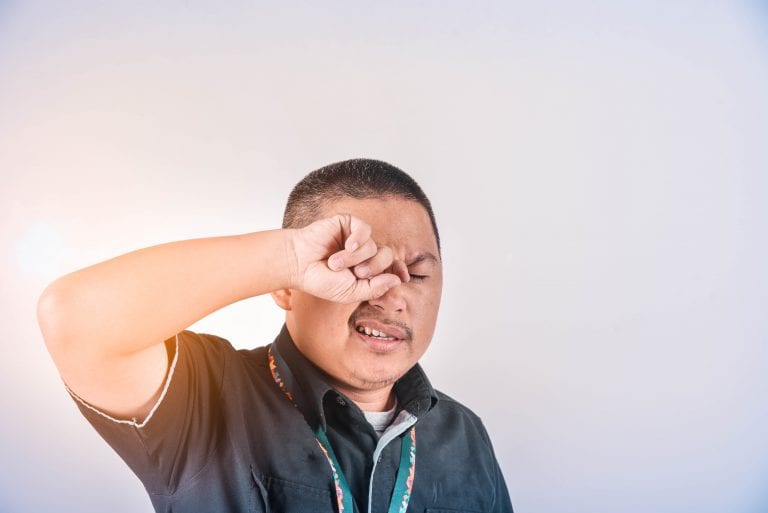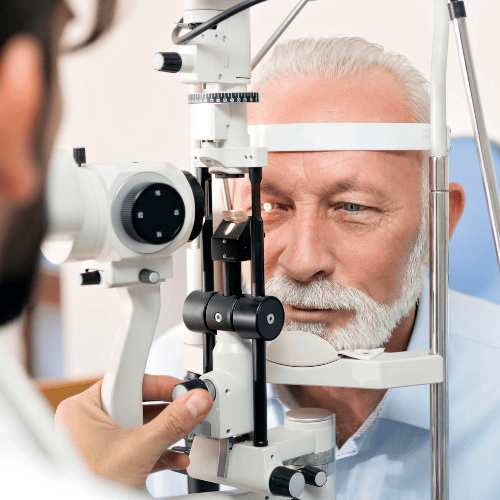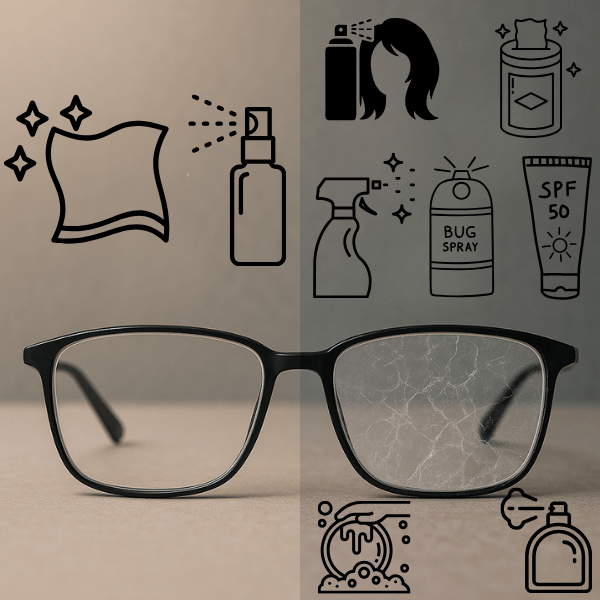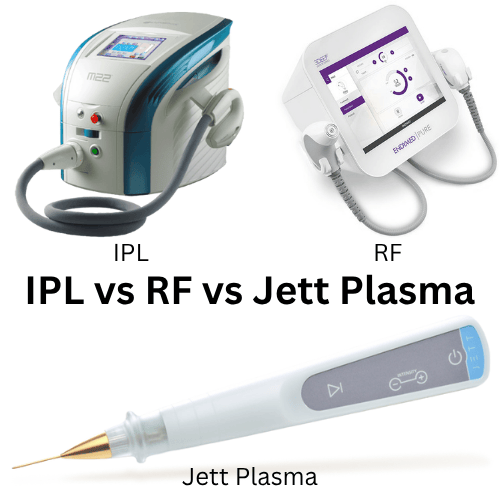SMOKE CAUSING EYE TROUBLE? HERE ARE A FEW TIPS

As summer gets underway the hot and dry weather often brings the threat of wildfires. This fire season has been quite severe, causing our air quality to drop over the past couple of weeks. As a result we are seeing many more cases of watery, irritated and red eyes from the smoke exposure.
In addition to causing breathing distress, high levels of air pollution in the form of smoke is strongly connected to two eye conditions – dry eyes and allergies. If you suffer from either (or both) of these conditions you might be more than a little uncomfortable lately!
Here is some advice to deal with eye irritation from smoke exposure:
· Close windows, turn on your A/C (if you have it) and ensure your filters are clean.
· Use a humidifier in your home to trap smoke particles in water droplets before they reach your eyes.
· Reduce time spent outdoors.
· Use an artificial tear supplement – preferably a preservative-free eye drop – and use it in your eyes several times daily.
· Take a break from extended periods of time on computer screens – the use of electronic screens is linked to worsening dry eye symptoms.
· Step up your dry eye treatment regimen – if you’ve been diagnosed with dry eye disease at our clinic, you will have been given a treatment program specific to your diagnosis. Our doctors often advise increasing the use of heat masks, drops, or gels. Sometimes we need to temporarily use a stronger prescription medication to get you through spikes in your symptoms.
· If allergy to smoke particles is a problem, our doctors can write a prescription for one of several different types of medicated anti-allergy eyedrops.
· Cool compresses using a washcloth over closed eyelids for several minutes can be effective at dealing with eye allergies.
Let’s work together to make sure your eyes are properly looked after and you are given the right advice for your needs. Book an appointment for a comprehensive eye exam. If you are experiencing eye pain, redness, irritation, discharge or changes to your vision, call our office for an urgent consult (these visits are typically covered by Alberta Health Care – please bring your health card to your appointment).
– Dr. Tom Wilk











